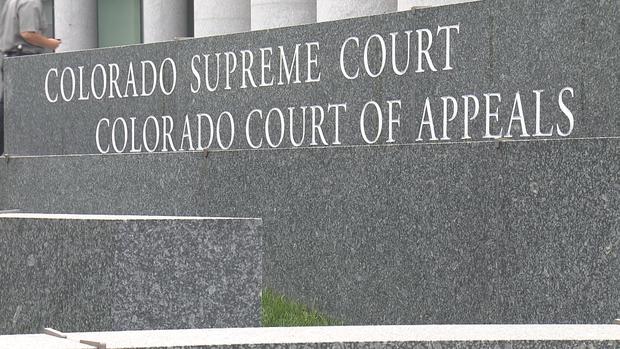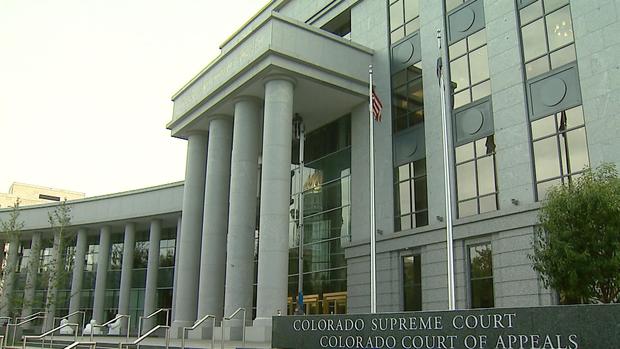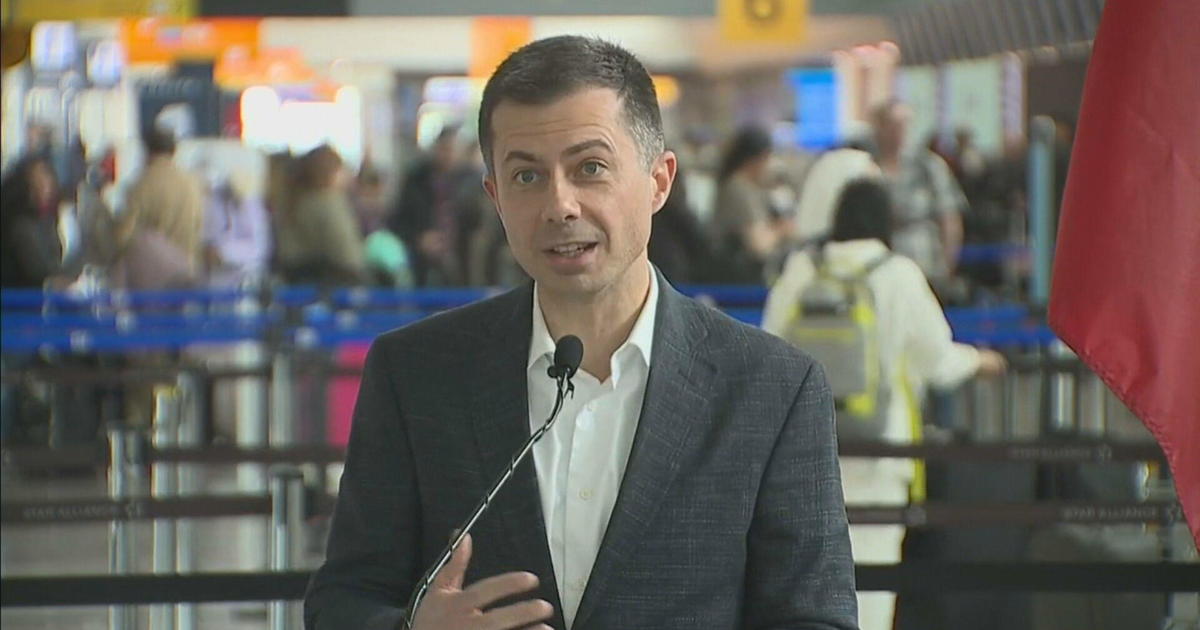Federal Appeals Court Lifts Stay On Colorado Amendment
DENVER (AP) — A federal appeals court on Thursday reinstated Colorado's Amendment 71, which makes it more difficult to change the state constitution, weeks after a judge's order blocked parts of it from being enforced.
The stay issued by the 10th U.S. Circuit Court of Appeals puts the voter-approved measure, known as "Raise the Bar," temporarily back in effect for any constitutional initiatives proposed for the November 2018 ballot, the Colorado secretary of state's office confirmed.
A federal district court judge in March blocked key portions of Amendment 71, saying its new signature requirements violated the principle of one person, one vote.
The lawsuit challenging the amendment's constitutionality is still pending before the appeals court.
At issue is whether the state can require interest groups to collect signatures from 2 percent of registered voters in all 35 state Senate districts in order to put constitutional changes on the ballot.
Proponents argue the higher signature threshold is necessary, because it should be harder to change the state's constitution, which is among the longest and most convoluted in the country, critics say.
They also argue that rural areas should have more of a voice in ballot access.
Today, groups attempting to access the ballot typically only collect signatures in the state's major population centers along the Front Range.
"This is a victory that restores the will of Colorado voters who approved Amendment 71 by a wide margin," Lee White, co-chair of the Raise The Bar campaign, said in a statement. "We look forward to the full arguments in this case and feel very confident Amendment 71 will be permanently upheld in full."
Opponents say the amendment, which was approved by voters in 2016, will block all but the wealthiest causes from the ballot. And, they say, it will make it harder to fix what groups across the political spectrum see as existing problems with the state constitution.
In blocking parts of the measure from enforcement, Judge William J. Martinez wrote that the signature requirements represented a "classic vote-dilution problem," because Colorado's registered voter populations vary widely from one Senate district to another.
The decision leaves in limbo the campaigns of a number of proposed constitutional amendments on topics including redistricting reform and taxes.
The deadline to finish gathering signatures for the November ballot isn't until Aug. 6, but it's a costly and time-consuming process that would take months to complete under the more difficult signature requirements. That could put initiatives at risk if backers wait for the court to issue a final ruling.
Lisa Weil, executive director of Great Education Colorado, which plans to run an initiative on school funding, previously told The Denver Post that her organization would proceed as though Amendment 71 remained in effect because of concerns about it being reinstated on appeal.
Another provision in Amendment 71 that raises the threshold for voter approval to 55 percent from a simple majority was not affected by the lawsuit.
By BRIAN EASON, Associated Press
(© Copyright 2018 The Associated Press. All Rights Reserved. This material may not be published, broadcast, rewritten or redistributed.)





